 [VIDEO IN EXTENDED ARTICLE]
[VIDEO IN EXTENDED ARTICLE]
Following are President Reuven Rivlin’s remarks to the bereaved families on the occasion of Memorial Day for the Fallen of Israel’s Wars made at the Kosel ceremony on Tuesday night the eve of 3 Iyar.
“The struggle for our existence is still not a matter of choice. Our obligation, to ourselves, our children and grandchildren, is to be sure to do everything in our power to prevent the next war.”
“We are obligated to continue to live, for the sake of our loved ones who are lost, and for our children who remain.”
Chief of Staff Eizenkott: “We, who entrusted in their hands, the torch of defense and security, who fought alongside them, carry their image with us. Their memory leads us and guides our steps.”
President Reuven Rivlin addressed the opening of the official commemorations for Memorial Day for the Fallen of Israel’s Wars and Victims of Terrorism. The event, held at the Kosel, was also addressed by IDF Chief of Staff Lt.-Gen. Gadi Eizenkott, and attended by IDF commanding officers, and members of bereaved families. The President was joined in kindling the memorial flame by Mrs. Moriah Ashkenazi, widow of First Sergeant Yair Ashkenazi, who fell in battle during Operation Protective Edge.
The President said, “Last summer, I traveled far and wide, across this country. I visited the homes of beloved and wonderful boys who fell defending the country during Operation Protective Edge. The geography of pain, as I learned, stretched the length and breadth of the country, yet it did not divide it. Death struck at the door of many, regardless of their religious beliefs. No camp was left untouched by death. I saw the sons of the Kibbutzim, of the Settlements, of the villages, towns and cities, Jews and non-Jews, lone soldiers and new immigrants. I got to them though, too late. I got to know them, when they were already gone. I watched them laughing in home movies, I saw them smiling in photographs, hugging their nephews, holding their girlfriends hands, who are left bereft.
“The bereaved family is intertwined, with a shared fate. A fate which was forced upon them. Israeli society, with all its camps, is connected not just in terms of shared destiny, but in terms of purpose and meaning. Memorial Day is a day upon which we, all of us, gather together in the national mourning tent. On this day, we open the tabernacles of terrible grief; we release the pent-up longing. How can we come to terms within ourselves, and with the memory of our loved ones, if there were just one day on which we focused on the pain and sorrow? We mourn tonight for the fate of our sons and daughters. And yet, at the same time, how can we stand at their graves, how can we think of the children that they will never have, or of the children left orphaned, if we do not consider the meaning, the purpose of their sacrifice?
The President spoke of the importance of and constant need for preparedness in the face of future conflicts. He said, “We are not a people of war. Our sons do not charge blood thirsty into battle. Not during this nor any other summer, or in those which sadly, and Heaven forbid, still may come. The need to fight has been forced upon us. And for our children it has been decreed that they should continue to bear arms in order to defend to our borders, our homes – this wonderful enterprise which we have built here. The struggle for our existence is still not a matter of choice. Our obligation, to ourselves, our children and grandchildren, is to be sure to do everything in our power to prevent the next war. In order to clarify to our enemies, that should they chose to go to war against us, we will stand strong as we have always stood strong. We look at the current reality and must ensure that we are doing everything in our power to be prepared and ready for the next conflict. We will always promise that while we will never accept this decree of fate, at the same time, we are also ready to pay the price of our existence here. This reality which has been forced upon us, must not lead us to accept the sacrifice, even if we recognize it is a necessity. Amidst this tension, we are obligated to continue to live, for the sake of our loved ones who are lost, and for our children who remain.”
The President concluded by stressing importance of fighting not only for Israel’s existence, but for its character. He said, “For the Jewish people, survival alone has never and should never suffice. The DNA of this nation is one of faith and creativity. We insist on survival because we believe in life. Because we believe in a vision of being a free nation. From the ashes we have risen. Over the graves of our children, siblings, parents and friends, we have risen from misery and despair to have hope and faith. This hope and faith is what leads us on our path. We will continue in our self-reflection on our image, values and future, in their name and in the name of our children, between ourselves, between the family that is the citizens of Israel. The deaths of those who died defending our home, forces us to deepen our commitment to building that home; as a more just home, as a more compassionate home, as a home where not only those who have fallen, but all those within it are equal. This is our debt to their heroic deeds, and their lives which were lost.”
IDF Chief Eizenkott said, “For me, for the ‘People of Israel’ means an eternal, unwavering promise, to keep the memory of those who fell along the way. We, who sent them to the mission from which they did not return, who deposited in their hands the torch of defense and security, who fought alongside them – we carry with us their image. Their memory leads us and guides our steps.”
(YWN – Israel Desk, Jerusalem)

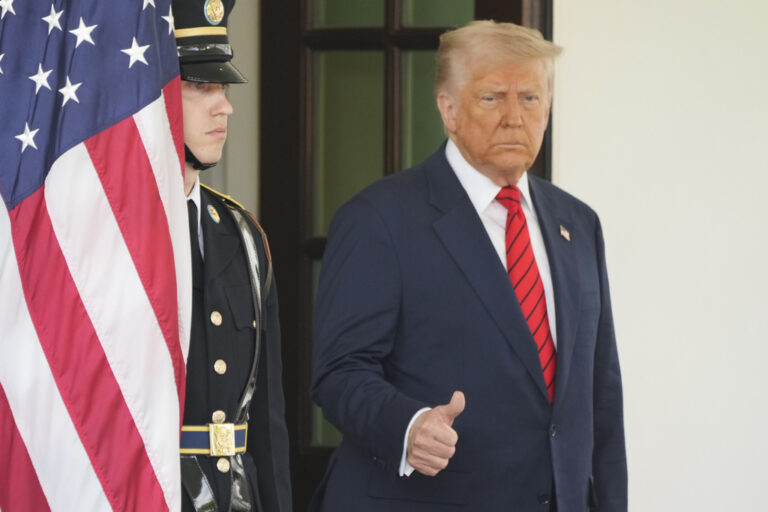
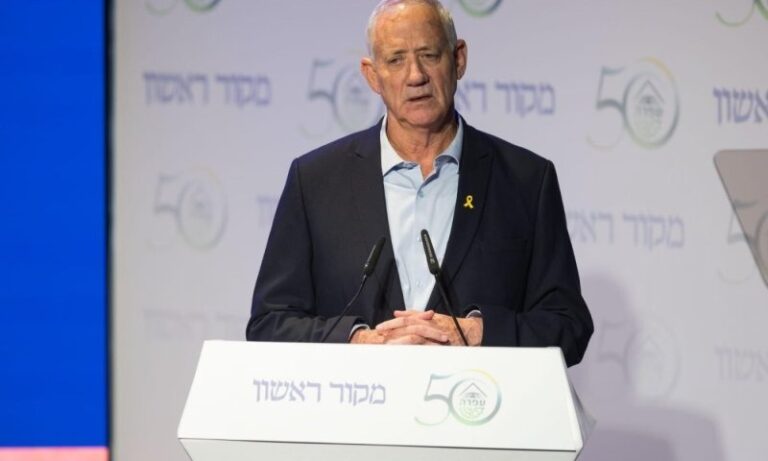
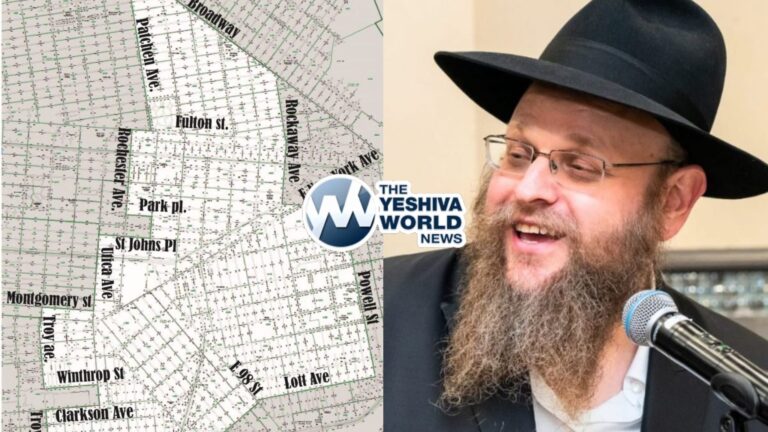
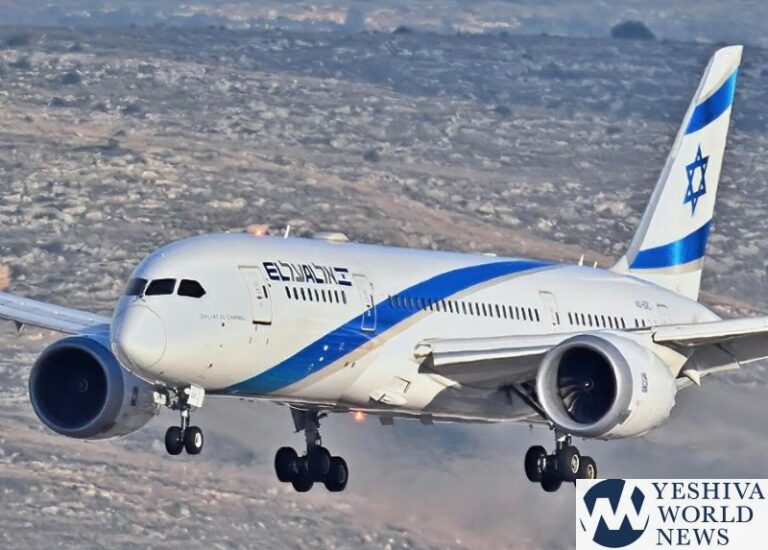
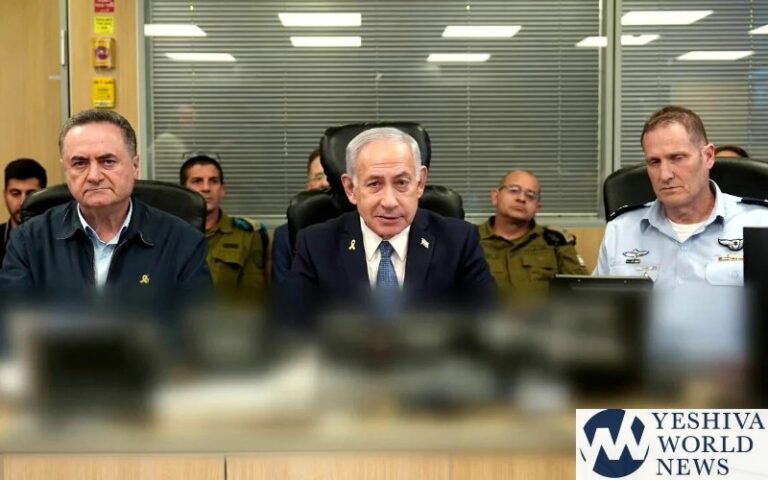
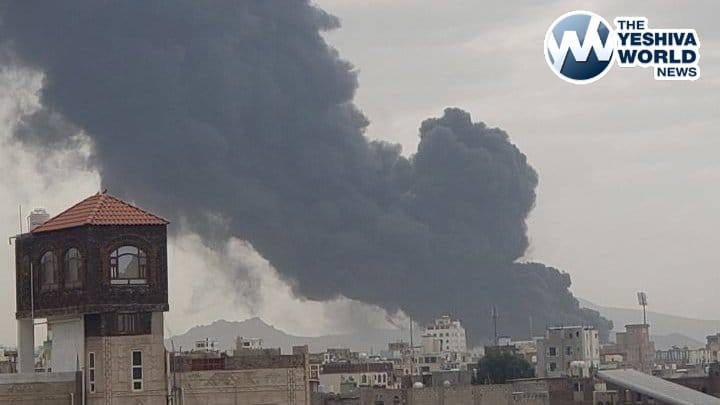
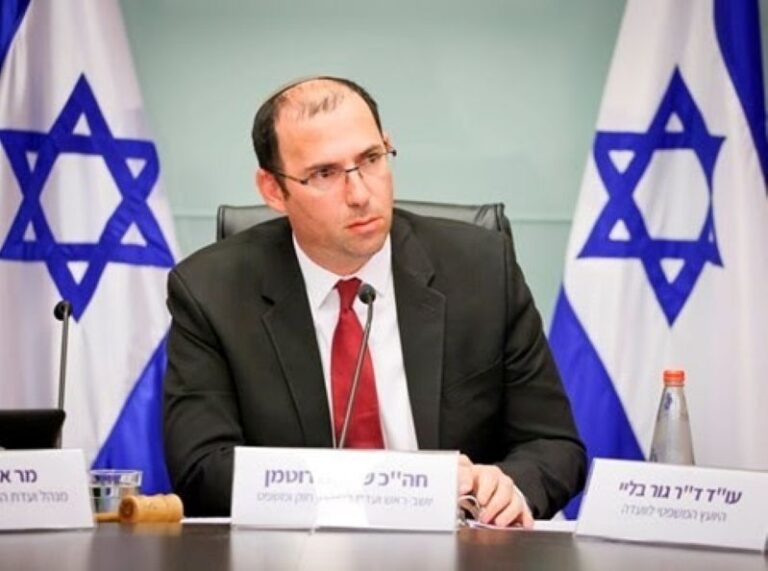
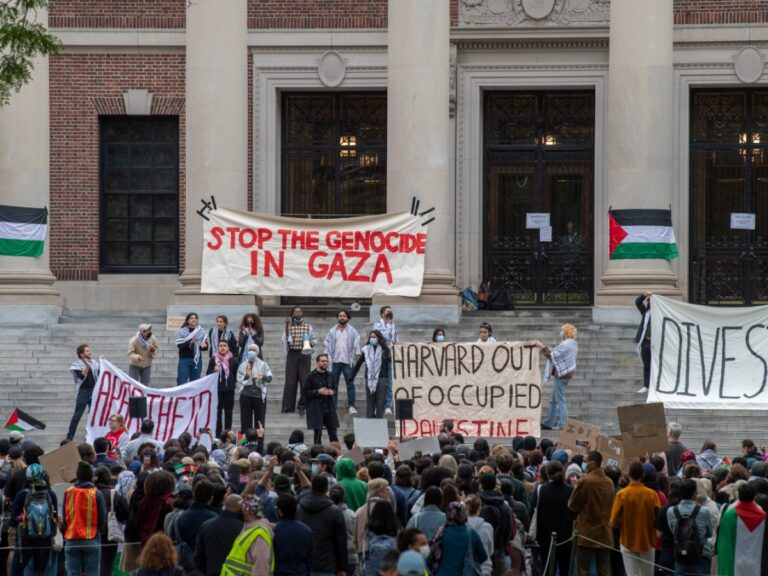
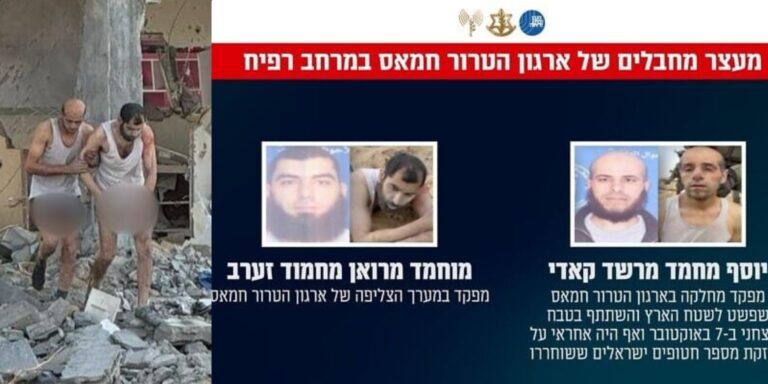
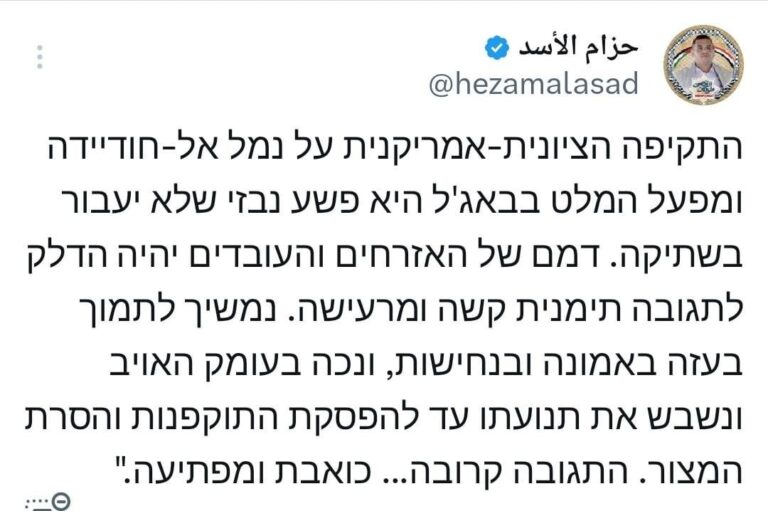
One Response
Yitzhak Fisher, a Romanian-born Jew, cut an unlikely figure during the Six Day War. He wore sidelocks and a beard and, even during combat, carried his tefillin in his pocket. As an 18-year-old he had disregarded the advice of his father and his rabbis and left the Ponevezh Yeshiva – the ultra-Orthodox world’s top institute of Torah study – and joined the paratroopers. He was, as a married reservist and a father to three children, one of the first men to arrive at the Western Wall.
Two years later, on December 16, 1969, he rushed under fire to help a wounded Israeli tractor driver along the Egyptian front. The next salvo of artillery killed him and his commander. But unlike many of the 23,320 fallen soldiers and security personnel, he is not buried in a military cemetery and his family does not attach much reverence to Memorial Day. For years his grave in the Ponevezh Cemetery in Bnei Brak, in central Israel, went largely unvisited on Memorial day.
..
“There are letters,” he said, taking down a stack of unopened envelopes. One, written by hand on lined paper, recalled a tank driver from Bnei Brak who was killed in Lebanon in 1984, in the eastern sector, one day before he was to be discharged from the army. His parents had opposed his decision to serve in uniform and had chosen to have him buried on the Mount of Olives rather than in the military cemetery in Jerusalem on Mount Herzl. The letter, in this case, gave the soldier’s name, and Zelzer typed it into the database, finding the story of his death and the location of his grave. He added it to the list.
In absence of a direct request, he uses the site to search by cemetery, focusing on the civilian graveyards in Jerusalem, Bnei Brak, and Modiin Illit, all home to large ultra-Orthodox communities. Choosing the names that seem most likely to belong to ultra-Orthodox soldiers, he scans the 11 soldiers in the Zichron Meir civilian cemetery in Bnei Brak, the 13 soldiers in the Ponevezh cemetery in the same city, the six in Modiin and some of the 225 in Givat Shaul in Jerusalem. The stories swirl together, some dating from the first days of the War of Independence in 1948, where men like Avraham Bruer lost their lives while serving in the Jerusalem Brigade, to recent times, when for example Almog Asael Shiloni, who had studied in the Or Baruch Yeshiva in Jerusalem and was killed in a terror attack in Tel Aviv last November.
“You can spend entire nights here,” Zelzer said, flipping through the pages. “It’s fascinating.”
On Memorial Day a group of students pulled into Givat Shaul’s Har Hamenuchot, a civilian cemetery, in a gray van and met up with Sara Yeret, an ultra-Orthodox, or Haredi, woman from Geula, adjacent to Mea Shearim. As she led them through the tightly spaced tombstones, she spoke about her father, Yissachar Dov Stern Chelkiyahu. A resident of Jerusalem’s Old City, he had joined the Hagannah during the early days of the War of Independence. His wife had opted for the Stern Gang. In May 1948, as the Old City’s Jewish Quarter fell to Jordanian troops and Arab irregulars, he was hit with a grenade fragment and delivered to the morgue.
Miraculously, Yeret said, he managed to revive himself and live for 26 more years with shrapnel still lodged in his skull. When he died, on Independence Day, in 1976, the army recognized him as a fallen serviceman, who had succumbed to an old wound.
“As Haredim,” she said, “we don’t see Memorial Day as special. It has no halachic significance.”
Instead, she said that the vast majority of people in her community see all fallen soldiers as individuals who gave their lives for the public good, and therefore as holy. Every Friday, when she sets aside a part of her challah dough to burn, as commanded by Jewish law, she thinks of the country’s fallen soldiers, she said